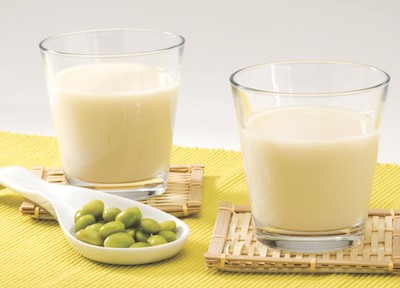Description
Curious which alternative milk is the best choice for you? Some are high in protein; others are low in carbohydrates. Here's a breakdown of the pros and cons to help you decide which one is for you.
Walnut (Unsweetened*)
Calories: 40
Fats: 3.5 g
Carbohydrates: 2 g
Protein: 1 g
Calcium: 35%
Vitamin D: 25%Pros: Excellent source of vitamin D and calcium, and a good source of vitamin E. Also contains 500 mg of heart healthy omega-3 fatty acids.
Cons: Low in protein and contains nut allergens.
*See Marianinut.com for details on other products.
Oat
Calories: 90
Fats: 3 g
Carbohydrates: 11 g
Protein: 2 g
Calcium: 35%
Vitamin D: 20%Pros: Excellent source of calcium and vitamin D. Oat milk is also suitable for anyone with nut, soy, or dairy allergies.
Cons: If you’re on a gluten-free diet, be sure to the check the label. While oats are naturally gluten-free, many are processed in non-gluten-free facilities and may contain trace amounts.
Soy
Calories: 110
Fats: 4.5 g
Carbohydrates: 9 g
Protein: 8 g
Calcium: 45%
Vitamin D: 30%Pros: You'll get a boost of protein, plus good percentages of calcium and vitamin D.
Con: Contains soy allergens.
Almond
Calories: 40
Fats: 3 g
Carbohydrates: 2 g
Protein: 1 g
Calcium: 30%
Vitamin D: 25%Pros: This is a good source of calcium, which is needed for bone development. Vitamin D increases the absorption of calcium.
Cons: Low in protein and contains nut allergens.
Related Content, Soup, Chili & Stew
Vegan Cream of Mushroom SoupCashew
Calories: 25
Fats: 2 g
Carbohydrates: 1 g
Protein: less than 1 g
Calcium: 45%
Vitamin D: 25%Pro: Cashew milk includes vitamin E, which helps your immune system, according to the National Institute of Health.
Con: Low in protein.
Coconut
Calories: 45
Fats: 2 g
Carbohydrates: less than 1 g
Protein: 0 g
Calcium: 45%
Vitamin D: 25%Pro: Unsweetened coconut milk is low in calories.
Cons: Low in protein. Has saturated fat, which some studies show may help raise HDL (good cholesterol), but it also increases LDL (bad cholesterol).
Rice
Calories: 120
Fats: 2.5 g
Carbohydrates: 23 g
Protein: 1 g
Calcium: 30%
Vitamin D: 0%Pros: Good option for multiple allergies. Is dairy-, nut-, and soy-free.
Con: Low in protein.
Pea
Calories: 75
Fats: 5 g
Carbohydrates: 0 g
Protein: 8 g
Calcium: 45%
Vitamin D: 45%Pros: Good source of plant-based protein, as well as an excellent source of calcium and vitamin D.
Con: Plant-based proteins are incomplete proteins, which means they do not contain all of the amino acids that the body needs to build protein.

